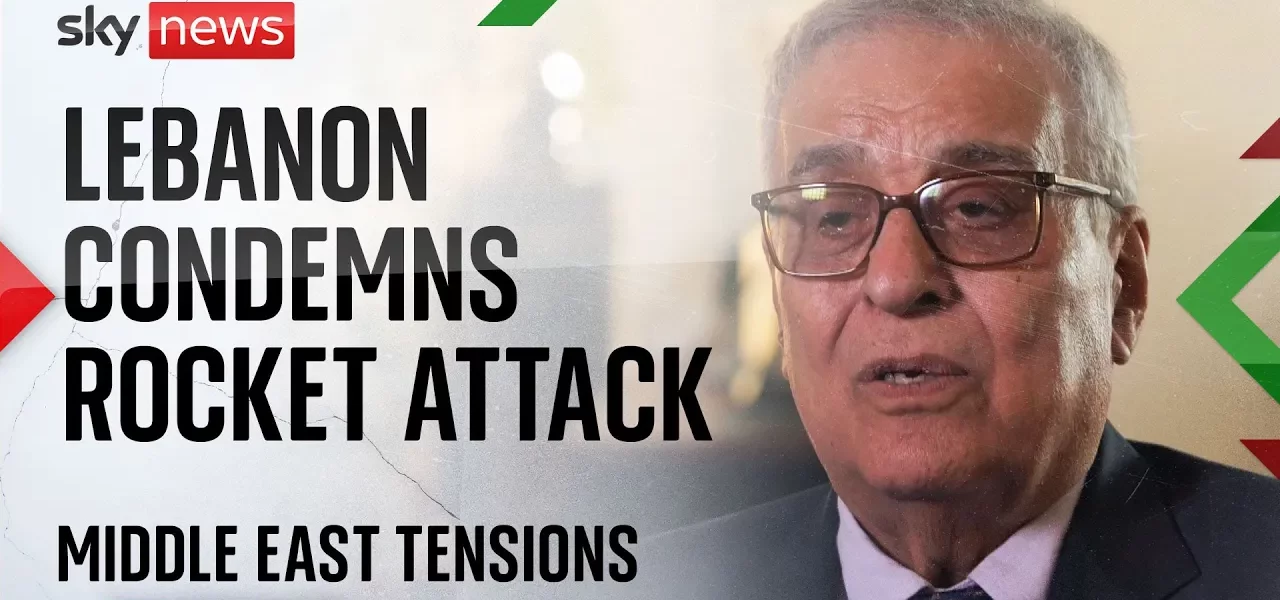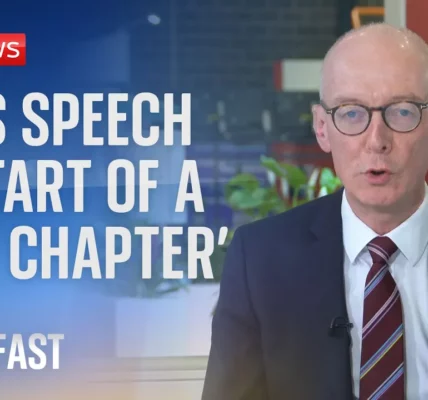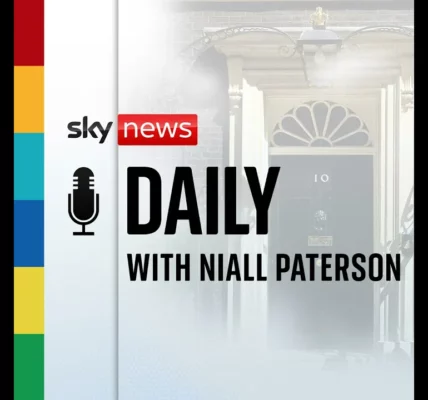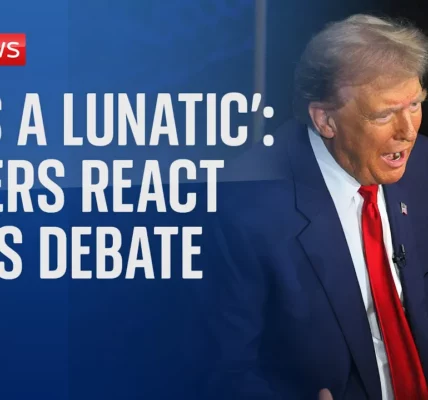Condemnation of Civilian Killings in the Middle East

This article delves into the recent tensions in the Middle East, highlighting the condemnation of civilian killings, the role of different parties, and the urgent call for investigations into these tragic events.
Introduction
Recent events in the Middle East have sparked significant outrage and condemnation from various governments and organizations. The killing of civilians, regardless of their nationality, has been met with a unified call for justice. The complexity of the situation is heightened by the involvement of multiple actors, including Israel, Lebanon, and various militant groups. This article aims to dissect the nuances of these events, the implications of the actions taken, and the need for accountability through investigations.
The Condemnation of Civilian Killings
Governments around the world have expressed their disapproval of the ongoing violence, particularly the killing of innocent civilians. This condemnation extends to all parties involved, whether they are Lebanese, Israeli, or from other nations.
Universal Denunciation
It is imperative to recognize that the loss of civilian life is universally unacceptable. The international community stands united against such actions, irrespective of the perpetrators.
- Condemnation of violence against civilians.
- Call for accountability from all parties.
- Support for investigations into the incidents.
The Role of Israel and Hezbollah
The ongoing conflict has drawn focus towards Israel’s military actions and Hezbollah’s response. There is a significant debate regarding the justification of acts taken by both sides, particularly in terms of civilian impacts.
Israeli Military Actions
Israel’s military operations have been criticized for their intensity and the high number of civilian casualties they have caused. Key points to consider include:
- More than 100 civilian casualties reported in Lebanon.
- Less than seven civilian casualties reported in Israel.
- Claims of self-defense versus aggressive military tactics.
Hezbollah’s Position
Hezbollah has been accused of instigating violence, yet their history shows a focus on military targets rather than civilians. The motivations behind their actions and the accusations from Israel remain points of contention.
The Call for Investigations
In light of the tragic events, there is a strong call for thorough investigations from international bodies such as the United Nations. The necessity for transparency and accountability is paramount.
UN Involvement
The United Nations has the capability and mandate to investigate these incidents. The presence of UNIFIL (United Nations Interim Force in Lebanon) presents an opportunity for a credible inquiry.
- Importance of impartiality in investigations.
- Role of international law in assessing actions taken by states.
- Expected outcomes from a UN investigation.
Potential Reactions and Consequences
The threat of retaliation from Israel has raised concerns over the potential for escalating violence in the region. The reactions from Lebanon, particularly among civilians, are critical to understanding the broader implications of these threats.
Lebanese Response
Any attack on Lebanon is seen as an attack on all Lebanese citizens, which unites the populace regardless of their affiliations.
Global Implications
The reactions from the international community will also play a significant role in shaping the future of this conflict. Here are some expected outcomes:
- Increased diplomatic pressure on Israel.
- Potential sanctions or military aid adjustments from the US.
- Heightened tensions with neighboring countries.
Conclusion
In conclusion, the ongoing violence in the Middle East, particularly the killing of civilians, has garnered widespread condemnation and calls for action. The complexity of the situation requires careful navigation to avoid further escalation. It is essential that all parties involved seek peaceful resolutions and accountability through investigations. We encourage readers to stay informed and support efforts aimed at achieving peace in the region. For further reading on related topics, visit our articles on Middle East conflicts and international law and civilian protection.
“`




